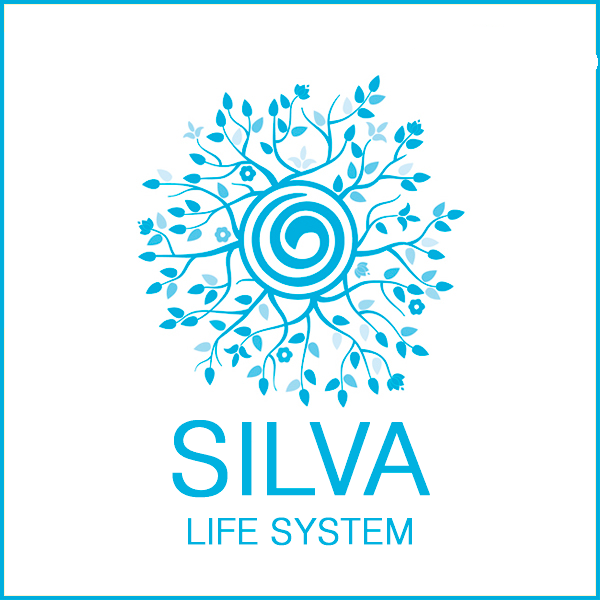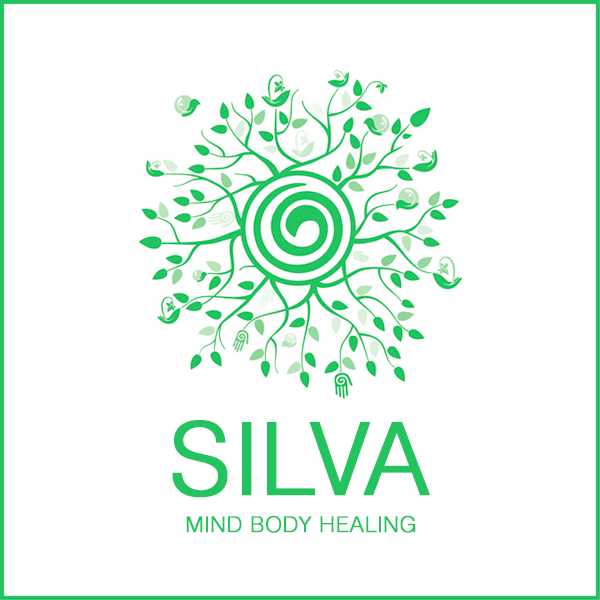Dr. J. W. Hahn says: Every Silva Mind Control graduate knows that the secret of keeping healthy is to “think healthy.” This includes the development of a belief and attitude consistent with the Mind Control affirmation: “I always maintain a healthy body and mind.”
It is also based on a determination repetitively affirmed: not to learn to develop a number of specific diseases such as heart disease, circulatory and respiratory ailments as well as glaucoma and diabetes.
In all of these instances there is evidence that we humans deliberately teach various of our organs and tissues diseased behaviour by choosing to abuse our bodies over extended periods of time with substances which the medical profession has already linked to disease.
Thus we may smoke, drink alcohol in excessive quantities, eat too much sugar or even over expose ourselves unnecessarily to sunlight. In these examples and many more that can be given, we court disease, deliberately inviting it by undertaking to learn a habit leading to illness.
It is useful to look at the Silva Method and recognize that we can learn, if we choose, to develop good habits and skills or bad ones. The choice needs to be made at the Beta level and consciously. The consequences of the choice, by repetitive effort, by exercise, is the development and programming of a good habit or a bad one.
Once the habit is established we now have it as part of our attitude, an automatic response to any given set of circumstances in which we find ourselves. Obviously what we want is to have habit patterns and an attitude that will make us healthy and keep us that way.
Common sense dictates that our physical well being depends on two things in addition to “healthy thinking.” These are to eat correctly and to physically exercise sufficiently. Let us examine each of these in turn and especially as they relate to Mind Control.
Eating correctly implies proper nutrition. What we mean when we refer to proper nutrition is the absorption and use of the appropriate elements of food intake to maintain- the body in a state of good health. What is good health? Strangely enough there is no definition that is explicit and satisfying to everybody.
The question is similar to “How far is up?” Most of us, however, are satisfied that good health is “To be free of pain and body distress,” “To have plenty of energy,” “To have no symptoms of disease,” “To feel good physically,’ “All of the above.”
Certainly good health involves effective body activity and function in accordance with our needs. Since not everybody’s activity and functional needs are the same it is obvious that not everybody requires the same quantity of food intake.
It is also probable that not everybody needs exactly the same kind of food. All of us are different genetically and, correspondingly, unique in enzymic patterns of metabolic activity.
Common sense tells us, therefore, that the same diet for all is not necessarily the best diet for all. We know that all human beings have a need for water, protein, fat and carbohydrate foodstuffs as well as vitamins and minerals.
How much of each for good health is determined by our individual needs and metabolic patterns. We must all watch our food intake to be sure we have all of these in our diet and in suitable balance to match our uniqueness. For most of us, much of our nutritional need is satisfied by the combination of these things found in the flesh and fluids of animals and plants.
In matching our needs it must be recognized that our metabolism is closer to that of other animals than to that of plants and so it is easier to plan to satisfactory meat and vegetable diet than it is to rely solely on a wholly vegetable nutritional source.
What about vitamins and mineral supplements? In some cases the way we grow, harvest, distribute and prepare our food today is not always directed toward giving each of us the best balance of these elements included in our plant and animal sources. For some of us, additional vitamin and mineral supplements are necessary. We must again be reminded that our individual uniqueness determines that what is enough for one of us may not be enough for someone else.
Don’t take supplements to satisfy your neighbor’s needs. If there are any of these materials missing from your normal diet, adding a moderate amount, the minimum daily requirement (MDR) of these necessary items to your diet will result in a recognizable response and you will feel the effect, might 3 even be able to measure it.
By some careful observation, as you add and subtract from the quantity you take a vitamin or mineral supplement you can determine your own individual needs to balance with a dietary pattern you regularly follow. The amount of food and supplements you take and their balance have to conform with the results you achieve in affecting your body so that you can maintain it in accordance with the self image you project, even as you program to be that image in Mind Control.
Eat as though you were the way you want to become — always in good health.
What about physical exercise? All of us expend a certain amount of energy each day just carrying out the problem solving work effort as well as meeting the ordinary physical demands connected with supporting life itself. For some of us these energy expenditures are far below our caloric intake.
Better and Better,
Laura Silva Quesada
and the Team



 Laura Silva Quesada, daughter of Jose Silva – founder of the original Silva Mind Control Method, she was one of the primary research subjects, which gave her extensive personal experience and insight into the creation, and use of intuitive and life changing techniques.
Laura Silva Quesada, daughter of Jose Silva – founder of the original Silva Mind Control Method, she was one of the primary research subjects, which gave her extensive personal experience and insight into the creation, and use of intuitive and life changing techniques.


